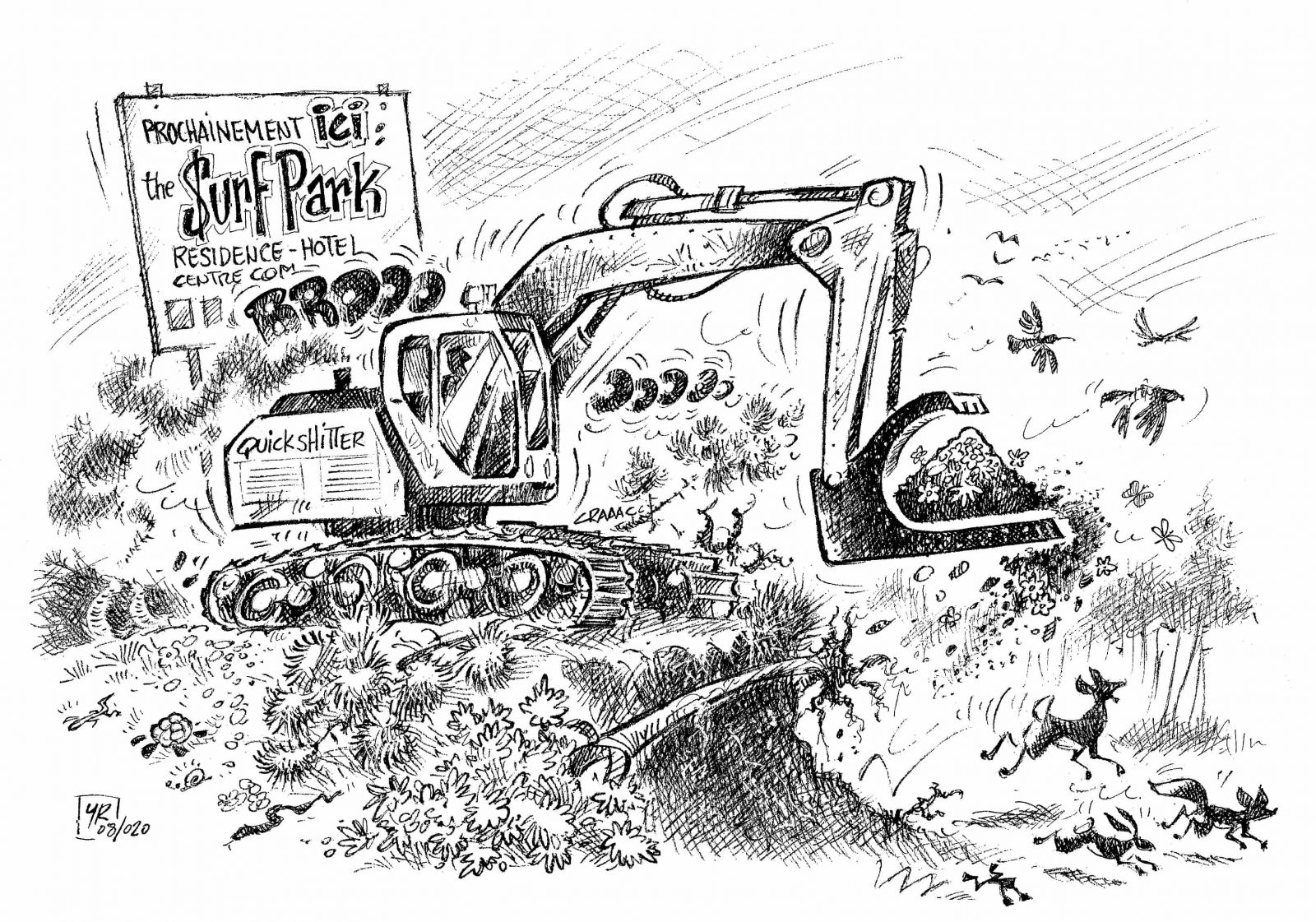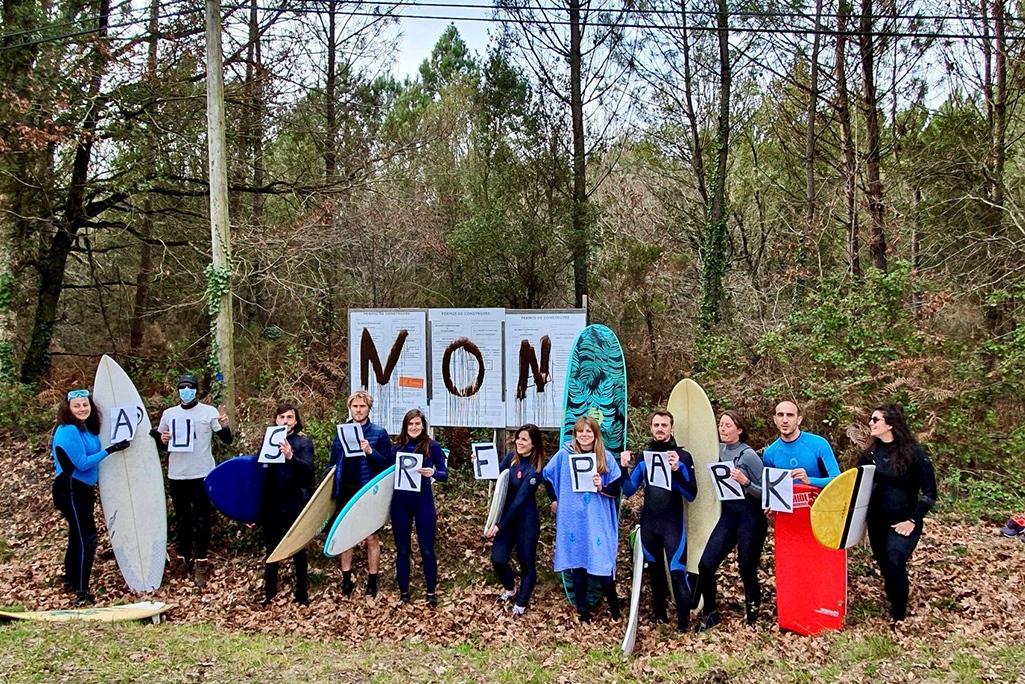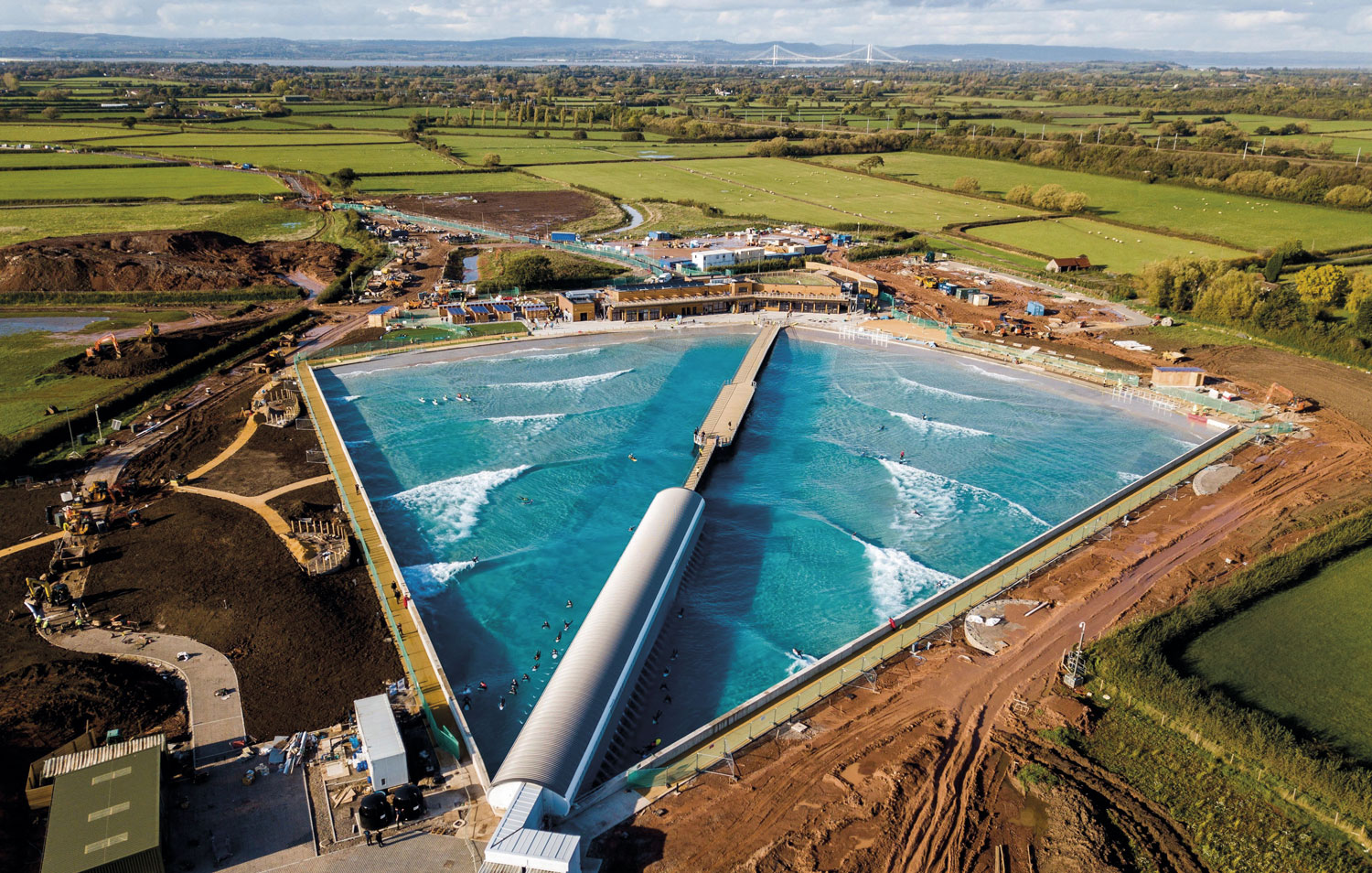The Surfrider Foundation, which has 50,000 international partners, stands against artificial waves in 2020
- The European Federation of the Surfrider Foundation, non-profit and with more than 50,000 partners worldwide, states in its note dated 15 June 2020 that: “Surfrider Europe does not support any wave pool project.” It states that the association has been questioned on several occasions by popular movements and environmental associations opposed to this type of project; on the other hand, the promoters of the swimming pools that generate this type of waves have decided to publicly express their opposition to it.

“We are aware of the value of this kind of infrastructure for the training and perfectionism of many surfers, but we are opposed to building wave pools. These projects have an economic or leisure purpose mainly, so we can say very carefully why we question their need. In addition, many of these infrastructures are being built near the ocean, so close to the natural waves, and we don’t see it with good eyes,” they said.
The main reasons for this have been summarised in three points. We translate your words into Basque:
1- The construction of these pools involves the artificialization of the soil (swimming pool, parking, roads) destined for agriculture or that are natural. This artificialisation promotes the destruction of animal habitats and takes care of the elimination of biodiversity.
2- The following infrastructure requires a high consumption of water for its operation: With pools of between 25,000 and 35,000 cubic meters (ten and fourteen Olympic pools of age), in the context of climate change, they have a significant impact on water availability.
3- The implementation of this infrastructure requires a great deal of energy. For example, the Texas Waco site, which uses American Wave Machine technology, has a consumption of 450 kW in one day (same as 800 French households). Furthermore, from the point of view of the energy transition and the development of renewable energies, our societies have as a priority the decreasing consumption of energy.
The Surfrider Foundation is a surfer association created in 1984 in the United States that is already organized worldwide with over 50,000 partners. "Fake waves on the coast, a senseless story." This is the title that the Surfrider association put on its note against San Juan de Luz Surf Park – calling this infrastructure "Fake Waves" or fake waves instead of "artificial wave".

Cleaning and conservation of ecosystems
The Surfrider Foundation has pointed out in its article that soil artificialization, over-exploitation of natural resources or the emission of greenhouse gases have a “catastrophic effect”. “In addition, the disruption of ecosystems increases societies’ vulnerability to natural risks, whether temporary or extreme weather. They recall that they are expected to intensify in the coming years.
“Healthy ecosystems will allow our societies to adapt to climate change. However, projects to artificialize soils and use water resources, such as wave pools, will contribute to increasing the vulnerability of territories to climate change.”
“It’s not time for competition, consumption, the pursuit of economic growth, the development of projects disconnected from the environmental problems we face. Climate change must be an opportunity to rethink our development models, to make the uses of natural resources simpler, and to rethink our relationship with the ecosystems in our environment.”
The municipal government of Eneko Goia wants to build a nine-hectare infrastructure in the Donostia district of Martutene, the newspaper El Diario Vasco reported on 30 December. This Surf Park would be located four kilometers from the sea, in one of the few undeveloped mountains in the vicinity of the city, in Antondegi.
Hainbat elkartek alarma piztu zuten Donibane Lohitzuneko Surf park proiektuaren kontra. Uhain artifizialak eta inguruan hotelak. Hara ze itxura ukango zuen guneak. Baina dirudienez ez da urrunago joanen.
«Rame pour ta planète», surf rider fondation… hainbat elkarteek alarma jo dute Donibane Lohizuneko Surf Park proiektuaren aintzinean.






















